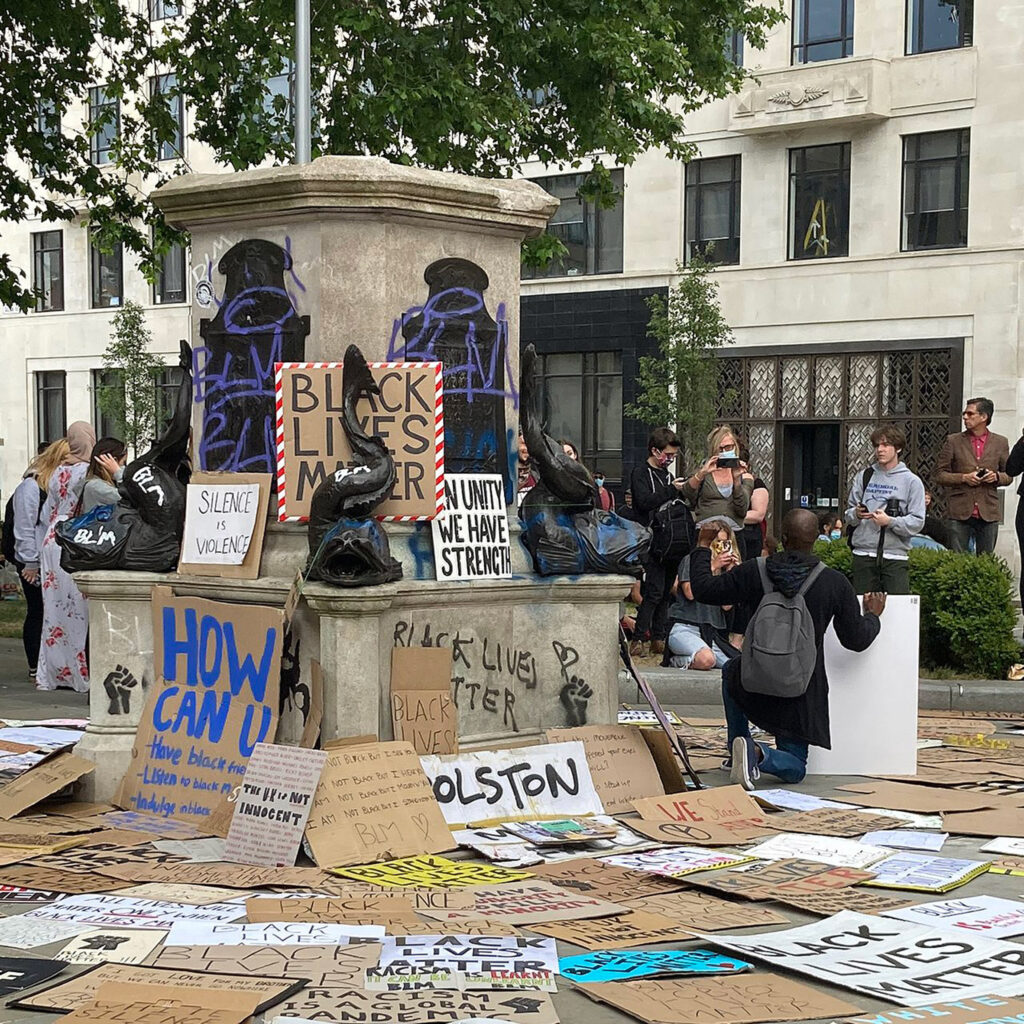Words By Teddy Parkin
History, the lesson that my friend always fell asleep in at school. He explained the boredom felt as dreary monologues drained out of his professors’ mouth. An old man, preaching old stories to the deaf ears and closed eyes of tired students. A futile event. Seemingly meaningless in the grand scheme of what is. But what is? Why? Where do we go from here? These questions are constantly needing to be grappled with.
As notorious philosopher George Santayana aphorized, “those who cannot remember the past are condemned to repeat it.”
In this era of globalisation and exponential technological progression, many of us are stranded in catch up mode. It is difficult to make sense of the world beyond economic development and efficiency. There are deeply embedded crises to solve without any credible unified solution. We can see how this phenomenon plagues the world and its consequences are felt everywhere; the rise of populism in Europe and the election of Donald trump in the US. Beyond the shortcomings of poorly constructed educational practices that my friend endured studying history at school, the need for a comprehensive answer to society’s direction is potent. History can help fill this void.
Organisations have a goal. Often alongside some principles that drive the process of achieving this goal. Once complete, a new goal is determined, and the principles offer a long-lasting sense of meaning and identity throughout this journey. These may be adapted slightly but they largely remain the same. A football team’s goal, for example, may be to win the title in 3 seasons time, and their principles; to play attacking football and develop young players in the process. A charity like Water, there goal may be to bring fresh and clean water to 2 million people by the end of the year, in the process living by values such as transparency with donors and providing education to the people and communities in need. The point here is that there is a goal that the whole organisation works towards and a solid idea of what the organisation stands for. Where is this within UK society? There is no forward-thinking model that resembles a plan. There is no cohesive idea that identifies what we stand for as a nation. What could be described as ‘British values’ are a source of disillusionment for large swathes of the British population. Without this direction we stand victim to divisive party politics and a media that benefits from enraging us, consequentially butchering our discourse. The problems are clear, the solutions not so much.

History can provide clarity here. Firstly, by studying the past and looking back we can determine the foundations we want to ground our society upon. During the recent George Floyd protests, the statue of Edward Colston, a former slaveowner, was torn down from its pedestal and dumped into the waters of Bristol Harbour. This event was symbolic of a more widespread upheaval. People will no longer accept slave owners to be revered with monuments. People in the country will not tolerate a celebration of this in their collective identity. History offers a scope of analysis that allows us to pick out and reject outdated principles, but also to seek out new ones that take our society forward. This is not to say that a complete overhaul is necessary. (Considering the state of many countries across our planet, the UK is comparatively very stable.) More so that an in-depth questioning would be fruitful in the realignment of our trajectory away from the problems we are now facing. Without choosing ignorance we can decide as a society what we want to leave behind, what we want to take forward and what we want to aim for. In the past tremendous feats have been accomplished that have comprehensively been a positive force. In 1948, the National Health Service Act was passed, providing free and universal healthcare for all. The NHS since has saved millions of lives, provided critical care for people in dire times of need and bonded the nation beyond party politics. It’s possible for us to make these kinds of huge steps. History extends our awareness to times when we have done this. In ironing out what we have previously found desirable, we can set new goals that similarly takes us forward in big ways. We need a new NHS to aim for, a meaningful goal that unifies the country
I’m not suggesting that the solution is so direct that by studying history our problems will be absolved. More so that by understanding our problems better, we are more able to construct effective solutions to tackle them based on what has come before us and how humans of the past have dealt with similar issues. Understanding when we have gone wrong and aiming to not repeat such foolery.
An integration of historical study on a widespread societal level is idealistic. There is more incentive for individuals to pursue intellectualism that offers traditional employment opportunities, such as medicine and engineering. From this perspective history and the humanities are unappealing to many. However, there is cause for optimism. The success of Yuval Noah Harari (a historian) and his book ‘Sapiens’ (a history of humankind) has unveiled a desire within wider society to understand our past. Rutger Bregman (a historian) confronted global elites at Davos and used his platform to condemn tax avoidance among the wealthy. Let us hope these sparks of history continue to spread.
Photo credit- Tony Webster

